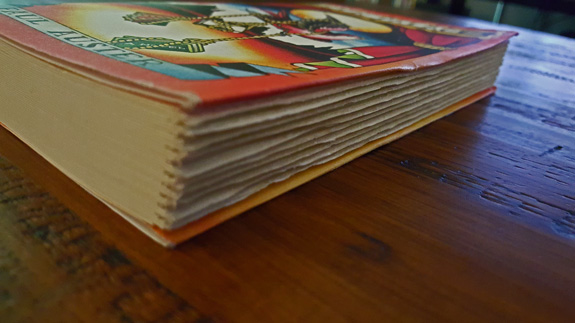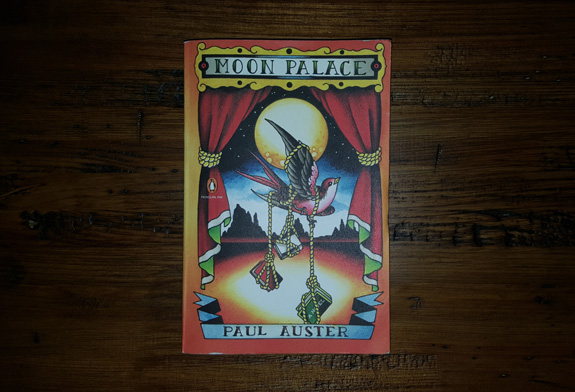Telling a story involving complicated financial dealings, as Michael Lewis does in “The Big Short” is difficult enough. Doing the same on a movie screen for a broad audience is a downright Herculean task.
After reading the book, which recounts the way mortgage backed securities caused the financial system to fail in so many ways in 2007, I was interested to see how the movie version was going to play out. Specifically, would they be able to quickly and clearly describe a collateralized debt obligation to someone who has never heard of that before?
Before reading the book I had a basic idea of those terms and how it all worked. For years I’ve listened to an excellent NPR podcast called Planet Money that attempts to put those complex financial things into plain English that most of us can understand.
Lewis tells the story of the collapse through the guys who saw it coming. While mortgage lenders gave money to riskier and riskier borrowers and banks packaged those loans into worse and worse quality bonds, and then sold insurance on those bonds, a few people saw how crazy the whole system was acting and bet against it.
As one person puts it, they saw a house that was already engulfed in flames and someone was standing right in front of it offering them the chance to buy fire insurance.
One of the keys to the entire collapse was the extension of those loans to people who should never have been allowed to borrow money. Steve Eisman, a hedge fund manager that Lewis highlights in the book, puts it this way:
“The subprime mortgage loan was a cheat. You’re basically drawing someone in by telling them, ‘You’re going to pay off all your other loans — your credit card debt, your auto loans — by taking this one loan. And look at the low rate!’ But that low rate isn’t the real rate. It’s a teaser rate.”
The people getting the loans didn’t fully understand the ramifications of what happened when their interest rate shot up extraordinarily after two years.
Lewis recounts an email sent by another fund manager, Michael Burry, describing just what it looked like from the outside to those who were seeing what was happening:
“Those 2005 mortgages are only now reaching the end of their teaser rate periods, and it will be 2008 before the 2006 mortgages get there. What sane person on Earth would conclude in early 2007, smack dab in the midst of the mother of all teaser rate scams, that the subprime fallout will not result in contagion? The bill literally has not even come due.”
The bill came due. Quickly. All over the country. We all saw what happened. But as mortgage lenders and some investment firms went out of business and big banks got huge bailouts, those who saw cashed in those insurance contracts on the flaming housing bonds and made billions of dollars.
One thing the movie nails is this moment, particularly with Steve Carrell playing Eisman (or a character with a different name whose entire presence mirrors that of Eisman in the book). Lewis describes most of the guys betting against the banks as having almost a crusading attitude, of finally being able to stick it to institutions that for too long have profited on practices that screw normal people. And yet, for their big bet to pay off, they need Armageddon.
“Being short in 2007 and making money from it was fun, because we were short bad guys,” said Steve Eisman. “In 2008 it was the entire financial system at risk. We were still short. But you don’t want the system to crash. It’s sort of like the flood’s about to happen and you’re Noah. You’re on the ark. Yeah, you’re okay. But you are not happy looking out at the flood. That’s not a happy moment for Noah.”








